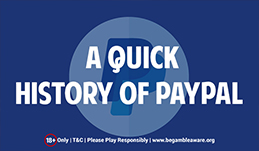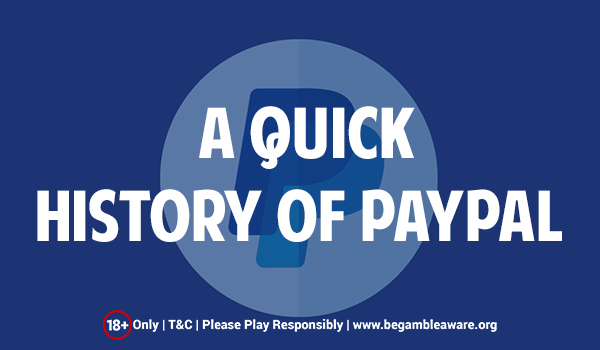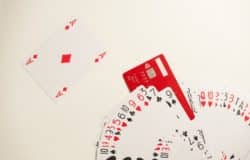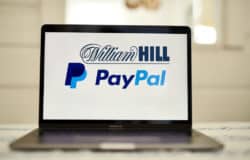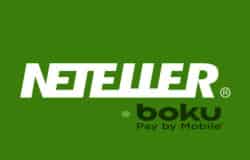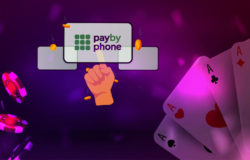PayPal is one of the most popular online payment methods of today. It has gained traction in almost every area of online shopping. From buying paperclips to purchasing tokens for your favourite online casino, PayPal does it all. It is an American-based company that started in March 2000 through the merger of two of the fiercest online payment competitors at the time. The two are X.com, founded by prolific businessman Elon musk, and Confinity. After its public offering in 2002, PayPal came under the control of eBay and came back on its own in 2015.
What Did It Do to Be Accepted?
PayPal’s road to being adopted by most major service providers was a difficult one. It was hard to trust until 2005 when it introduced the VeriSign payment service. This increased the security of the platform, along with the user’s trust. After that, in 2007, PayPal signed a partnership with MasterCard (check our MasterCard casinos list). This allowed users to create a single-use MasterCard number every time you used PayPal. This skyrocketed PayPal’s trustworthiness and businesses came flocking to it. This is also the time when Paypal online casino sites truly got popular.
However, although PayPal casinos flourished in most of the world, there were major issues in the United States. In PayPal’s home country, most casinos refused to take PayPal, but starting 2015, this started to change. In American states where online gambling is legal, PayPal is nearly always one of the items in the e-Wallets sections.
In 2008, PayPal acquired an Israeli risk management company under the name of Fraud Sciences. With the trust in the company rising even further and them being essentially the only ones in the business, their transactions skyrocketed to $15 billion by 2009.
PayPal Recently
PayPal has made an immeasurable impact on the online transaction world. It has revolutionised online transactions, and its popularity only continues to grow. In July 2015, PayPal purchased the Xoom Corporation. The Xoom Corporation was its largest competitor in the United States and Canada. This strengthened PayPal’s international presence and essentially solidified its dominance in years to come.
After this, another big competitor rose in Sweden. iZettle was a payment processing app for iOS, and while it was not a direct competitor to PayPal, it did offer an alternative to some iPhone users. Seeing this, PayPal made its biggest acquisition yet and purchased iZettle for $2.2 billion.
PayPal And Online Casinos
After 2010, PayPal became the predominant method of online business transactions. More and more casinos took up using PayPal as a method of both accepting payments and giving withdrawals. This led to more and more punters using it as their payment method of choice. Many slot sites accept PayPal as one of their primary deposit methods.
Online casinos loved PayPal, it was convenient to their users. While PayPal originally had its fraud issues, through aggressive anti-fraud tactics, it has cleared its name. This has made it an ideal, secure money transfer method for punters who are not big fans of bank transfers, usually due to their speed.
In 2015, PayPal became a viable payment option in many US online casinos in relative secrecy. Due to online gaming in the US being a legal gray area, PayPal opted to keep this under wraps, and slowly get into the industry.
These clever strategic moves led to PayPal’s current position in the online casino industry and made it what it is today. A vital, almost irreplaceable component of most online casinos.

